Outside-In and Inside-Out: Incorporating Wilderness Medicine into Medical Education (Wilderness Medicine Interest Group Sponsored)
Emergency medicine can extend beyond the walls of the classroom or emergency department, therefore educational initiatives need to be inclusive of wilderness and resource-limited medicine. Wilderness medicine covers a broad range of topics including overlap with disaster medicine, EMS/pre-hospital care, international medicine, toxicology, and ultrasound. Many medical students, residents, and fellows are eager to engage in opportunities and rotations in wilderness medicine, however a limited number of rotations and programs exist. Wilderness medicine opportunities can also be a powerful factor in recruitment and retention of learners and faculty. Since most of the modern diagnostic technologies (such as bloodwork, advanced imaging, cardiac monitoring, and specialist consultation) are unavailable, resource-limited wilderness medicine requires strong history and physical skills, critical thinking about available resources, and improvised medical care. Therefore, it can be a way for learners to strengthen their intuition, diagnostic, and problem-solving skills that are applicable in the emergency department as well. In this session, we will explore ways to integrate wilderness medicine into medical school curriculums and residency training. We will examine wilderness medicine fellowship development and collaboration with other fellowships. We will also discuss opportunities for faculty to increase their knowledge and skills though CME opportunities. The session will begin with presentations by several of the faculty members, then open up to questions from the panel from a wide variety of experience in teaching wilderness medicine in different settings. Finally, we will split into small breakout groups (divided into medical school, residency, fellowship, and faculty/CME) to discuss specific strategies to address your own learning interests and implementing WM education opportunities at your institution.
Presenters:
- Sanjey Gupta, MD MBA
- Henderson D. McGinnis, MD
- Stuart Harris, MD MFA
- Walter A. Schrading, MD
- Hillary R. Irons, MD PhD
- Lara Phillips, MD
- Katja Goldflam, MD
- Taylor Haston, DO, DiMM, MBS, MPH
- Stanley E. Chartoff, MD, MPH, FACEP, FAWM
-
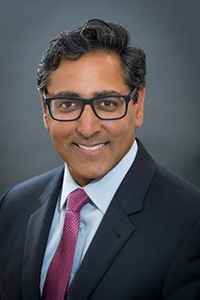
Sanjey Gupta, MD
Northwell Health
Sanjey Gupta, MD, is the Chairperson of Emergency Medicine at South Shore University Hospital/Northwell Health and professor of emergency medicine at the Zucker School of Medicine at Hofstra/Northwell. He was named the 2016 ED Director of the Year by the Emergency Medicine Foundation/American College of Emergency Physicians. Dr. Gupta helped to establish new residencies at New York Presbyterian Queens and South Shore University Hospital, and assisted with the merger of the Long Island Jewish Medical Center/North Shore University Hospital residencies. He previously served as core faculty at New York Presbyterian Queens, Long Island Jewish Medical Center and South Shore University Hospital; assistant residency director at New York Presbyterian Queens (as well as clerkship director, research director, simulations, scheduler/payroll, and associate chairperson); and director of wilderness medicine at New York Presbyterian Queens, Long Island Jewish Medical Center, and South Shore University Hospital. -
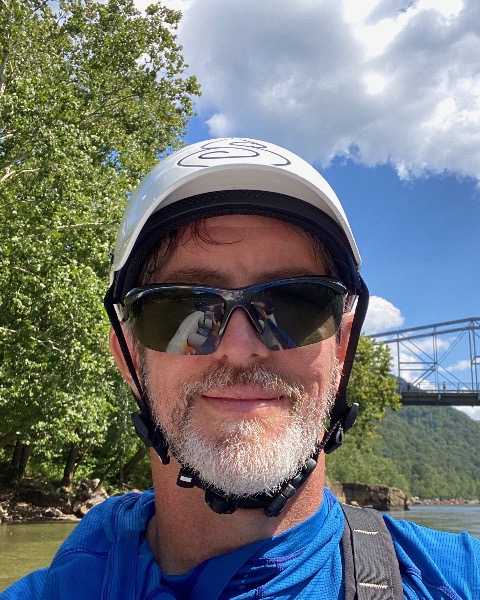
Henderson D. McGinnis, MD
Atrium Health Wake Forest Baptist
Dr. Henderson D McGinnis is a Professor at Atrium Wake Forest Baptist Department of Emergency Medicine. He is the Wilderness Medicine Fellowship Director as well as the Medical Director for the hospital’s air and ground critical care transport service. He has extensive experience in the delivery of pre-hospital and wilderness medicine as well as educating medical providers at all levels of training.
-
Stuart Harris, MD MFA
Massachusetts General Hospital/Harvard Medical School
Stuart is the founder and Chief of the Massachusetts General Hospital (MGH) Division of Wilderness Medicine, and the Director of the MGH Wilderness Medicine Fellowship. He is a full-time clinician (attending physician) in the MGH Emergency Department and Associate Professor of Emergency Medicine at Harvard Medical School (HMS). He an affiliated faculty member at the Arctic Initiative at the Belfer Center, Harvard Kennedy School of Government. He is the primary investigator of NO COV-ED, a clinical trial investigating use of inhaled nitric oxide to treat acute COVID in the emergency department.
-
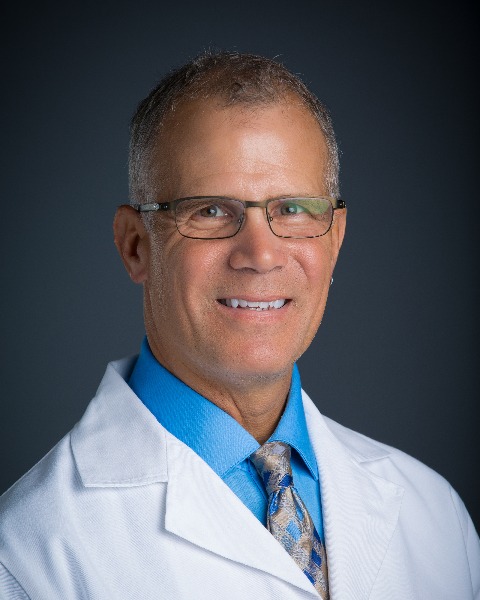
Walter A. Schrading, MD
University of Alabama
Dr. Schrading is a Professor of Emergency Medicine at the University of Alabama at Birmingham. He is the Director of the Office of Wilderness Medicine and directs the Wilderness Medicine Track in the UAB EM residency training program. He has extensive experience teaching WLS:MP and other wilderness medicine educational programs. His publications have focused on wilderness medicine core-content for residency education and the accuracy of devices for use by an austere medical provider. He is the faculty advisor to the Wilderness Medicine Interest Group at the Heersink University of Alabama Medical School and is the course director for student Wilderness Medicine Special Topics courses.
-
Hillary R. Irons, MD, PhD
UMass Chan Medicial School
Hillary Irons, MD PhD FACEP, is an Assistant Professor in Emergency Medicine at University of Massachusetts. She received her MD from Medical College of Georgia, PhD in Biomedical Engineering from Georgia Tech and Emory, and completed EM residency at Michigan State University/Sparrow Hospital in Lansing, Michigan. She completed a Wilderness Medicine Fellowship at Massachusetts General Hospital during which she spent a season working at the Himalayan Rescue Association in the Everest Region in Nepal, trip physician to the Siberian arctic, and doing multiple research projects on altitude illness. She has taught wilderness medicine for many years both with lectures, hands-on courses including AWLS, and simulation-based teaching. She is also the Expansion Race Coordinator for MedWAR (Medical Wilderness Adventure Races) which teaches and tests wilderness medicine through scenario-based adventure races since 2003. She has held national leadership positions in SAEM’s wilderness medicine interest group and ACEP wilderness medicine section. Her current research involves the cognitive deficits in hypoxic brain states specifically acute mountain illness and traumatic brain injury.
-
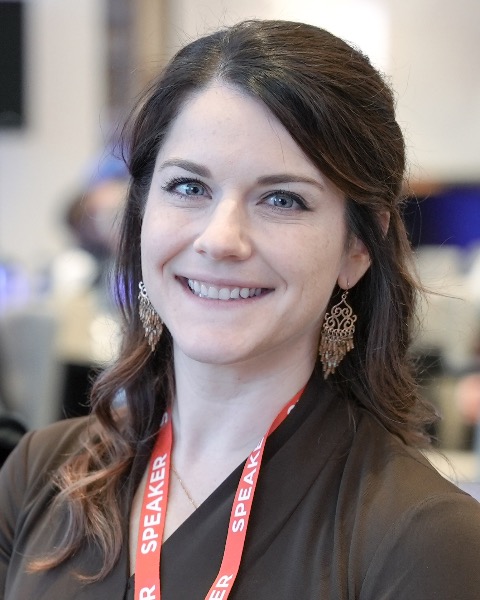
Lara Phillips, MD
Thomas Jefferson University
Dr. Lara Phillips is a clinical Associate Professor at Thomas Jefferson University Hospital where she works as an emergency medicine physician. She is the faculty advisor of the Wilderness and Disaster Medicine Interest Group at the Sidney Kimmel Medical College at TJU. She completed a fellowship in Wilderness Medicine at Massachusetts General Hospital. During this fellowship, she worked at Health Aid Posts in the Annapurna Mountains through the Himalayan Rescue Association and continued to volunteer with relief efforts in Kathmandu after the Nepal earthquake in spring 2015. She has also worked in rural Dillingham, Alaska through the Indian Health Service and in Guyana at Georgetown Public Hospital Corporation. She has a passion for teaching and service to the underserved in rural areas. Currently, she is one of the directors for the Breckenridge Wilderness and Environmental Medicine Elective for senior medical students. Her experiences have also led her to help with numerous covid initiatives, serving as part of the Regional Congregate Care Assistance Teams during the pandemic. She continues to pursue an academic career by combining patient care and teaching in traditional and non-traditional emergency medicine settings.
-
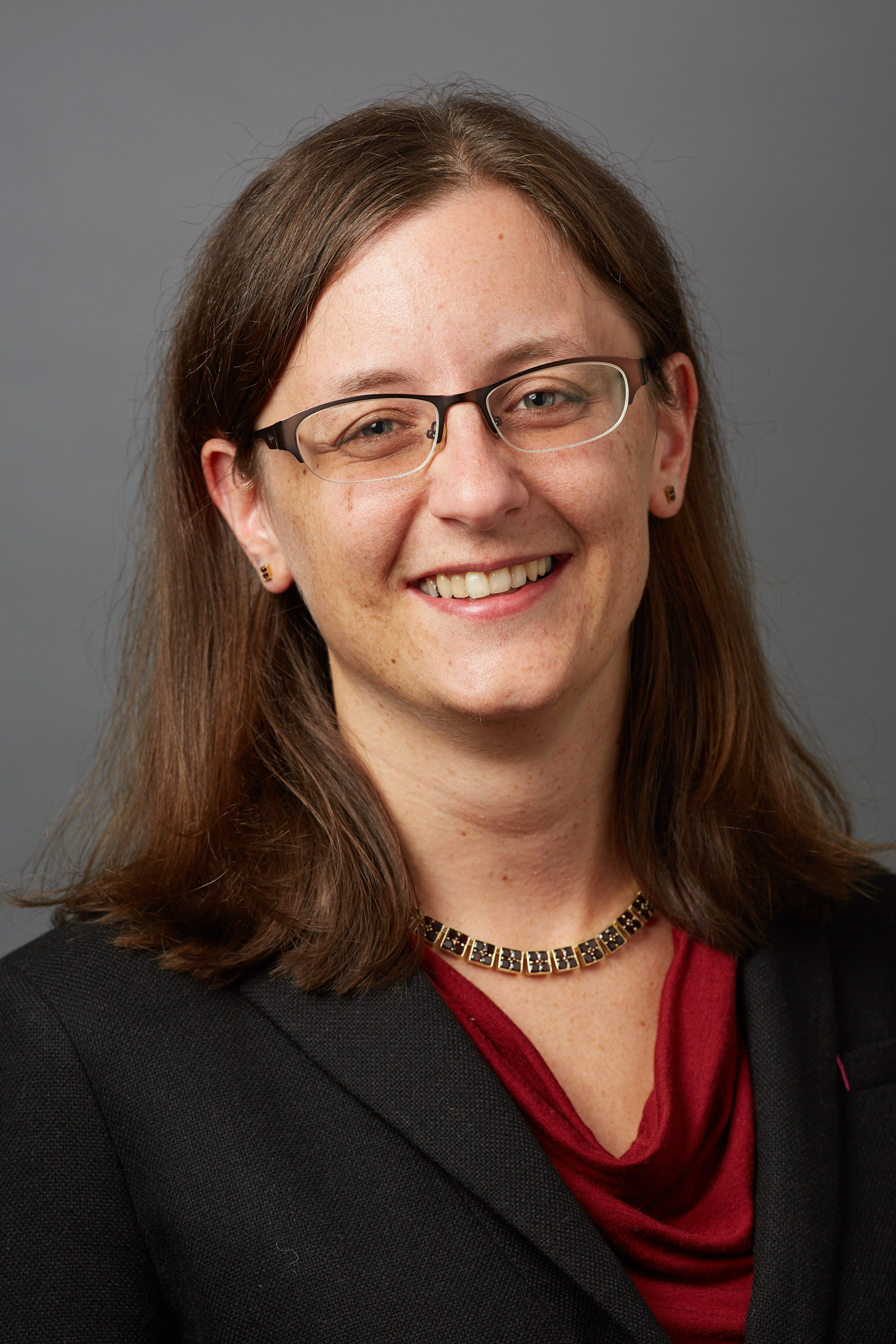
Katja Goldflam, MD
Yale University
Katja Goldflam, MD is an Associate Professor in the Department of Emergency Medicine. After graduating from the Warren Alpert Medical School of Brown University in 2006, Dr. Goldflam completed her residency at the Harvard Affiliated Emergency Medicine Residency in 2010. She completed a fellowship in Emergency Ultrasound at St. Luke's - Roosevelt Hospital Center in New York City and joined the Yale faculty in 2011. She is the Associate Residency Director for the emergency medicine residency and has an interest in education, competency assessment, feedback and leadership development. She has taught various ultrasound and wilderness medicine courses regionally and nationally and was awarded the 2017 ACEP National Emergency Medicine Faculty Teaching Award.
-
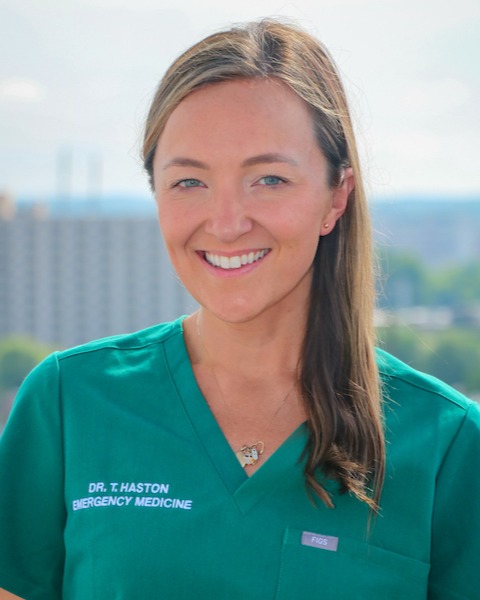
Taylor Haston, DO, DiMM, MBS, MPH
Augusta University
Dr. Taylor Haston is from Charlotte, NC, completed medical school at Nova Southeastern University, Emergency Medicine residency training at the Medical College of Georgia, followed by a Wilderness Medicine Fellowship at MCG. She is now an Assistant Professor of Emergency Medicine, as well as Director for the Wilderness Medicine Fellowship. Dr. Haston has earned her Diploma in Mountain Medicine (DiMM) and certifications in Level 1 Swiftwater Rescue, Advanced Open Water and Rescue Diving. She works as medical support for an international ultra-marathon race series as frequently as her schedule allows and has traveled internationally as faculty, not only with the Wilderness Medicine Section, but also with the International Medicine Section and the Ultrasound Section at MCG.
-
Stanley E. Chartoff, MD, MPH, FACEP, FAWM
University of Connecticut
Stanley E. Chartoff, MD, MPH, FAWM, Assistant Professor University of Connecticut School of Medicine, Department of Emergency Medicine, Attending physician Hartford Hospital Department of Emergency Medicine. Rutgers/New Jersey Medical School MD 1986. Harvard School of Public Health MPH 1990. Emergency Medicine Residency Cook County Hospital 1996. Emergency Medicine physician at Hartford Hospital since 2002, faculty for the University of Connecticut Emergency Medicine Residency and Fellowship in International Disaster Medicine. North Branch Medical lead for Team Rubicon. Retired US Air Force Colonel.
